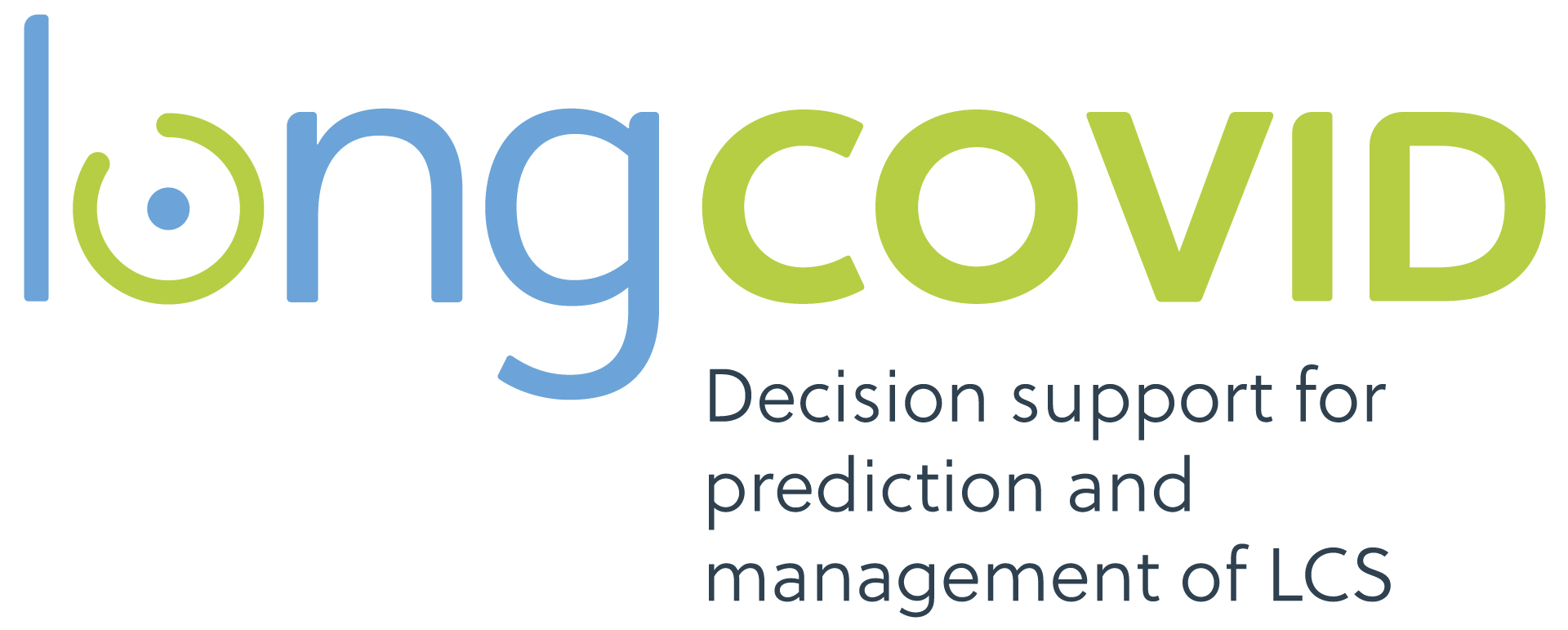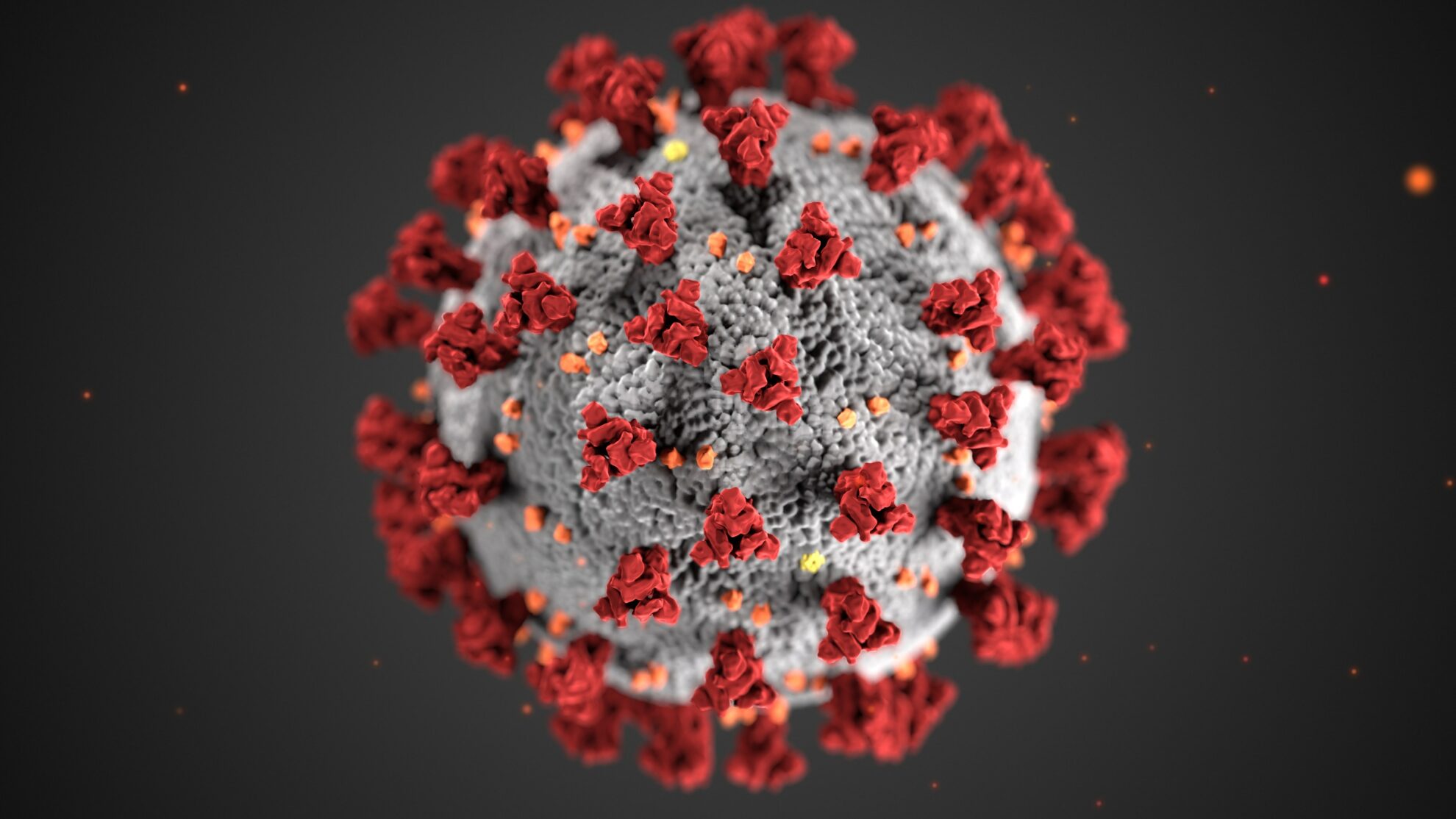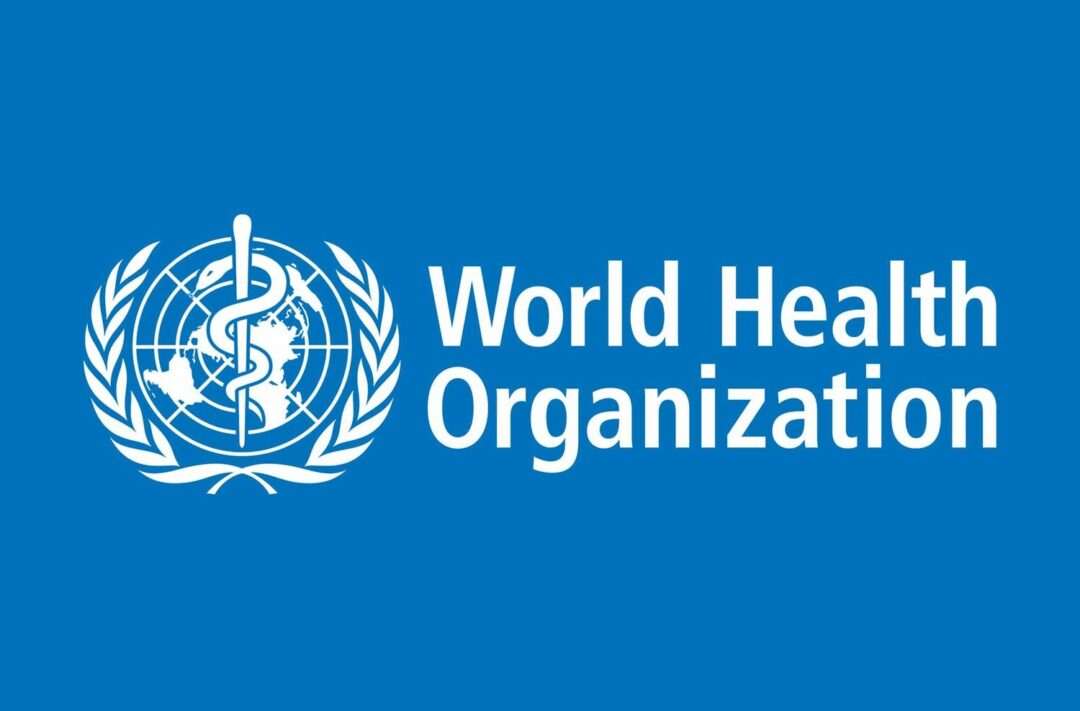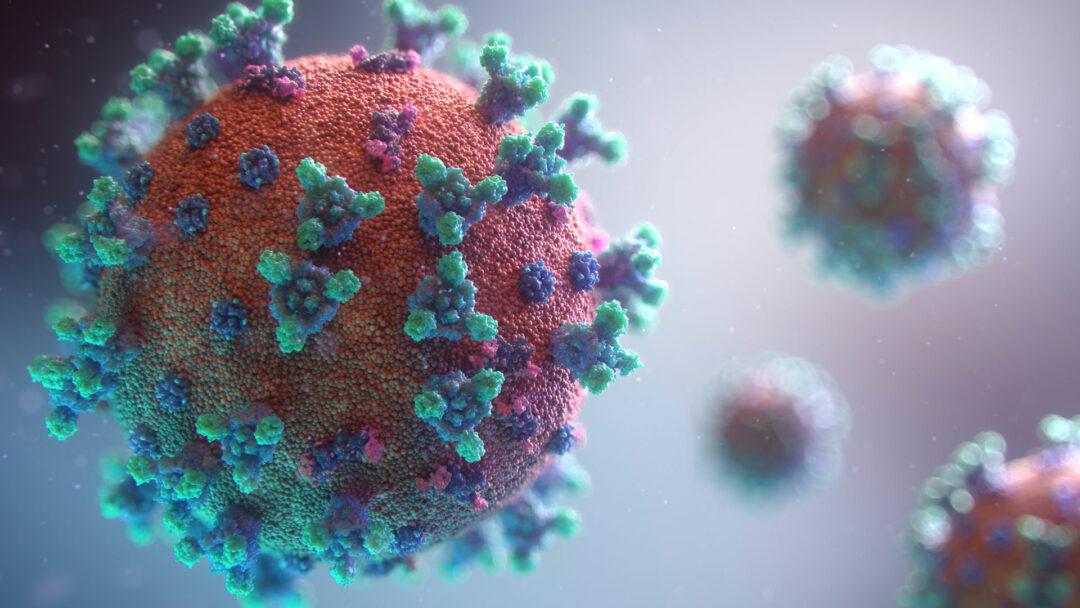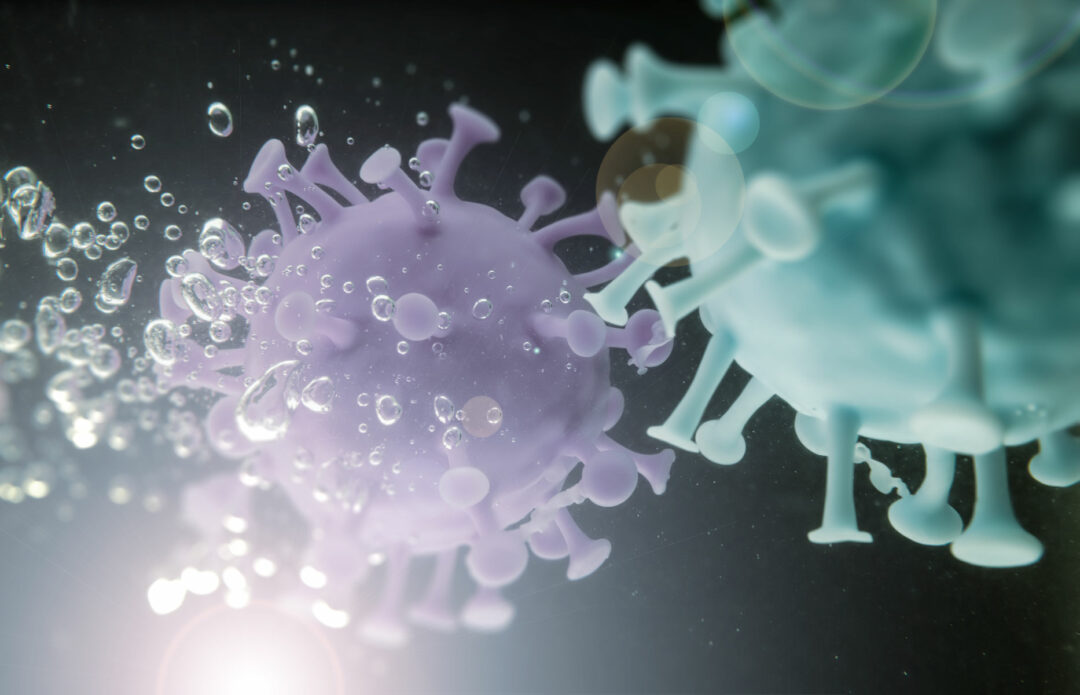An excellent article by Carlo Cervia-Hasler et al. recently published in Science Magazin is now available.
In this multicenter study, researchers monitored 113 COVID-19 patients for up to one year. The participants were selected based on confirmed acute SARS-CoV-2 infection through a RT-qPCR test. Follow-up visits were conducted at 6 and 12 months after the initial COVID-19 infection.
The researchers performed multiple clinical examinations and blood draws, resulting in a total of 268 blood samples over time. They analysed these samples using proteomics. More than 6500 proteins were measured in the blood. Using computer analysis, they identified the most promising biomarker candidates, which were then tested further in experiments.
“Our data suggest that active Long Covid is accompanied by a blood protein signature marked by increased complement activation and thromboinflammation, including activated platelets and markers of red blood cell lysis. Tissue injury may also be complement-mediated and, in turn, activate the complement system. (…) In addition to offering a basis for new diagnostic solutions, our work provides support for clinical research on complement modulators for patients suffering from Long Covid.” (Carlo Cervia-Hasler et al., 2024).
Persistent complement dysregulation with signs of thromboinflammation in active Long Covid | Science
Carlo Cervia-Hasler et al., Persistent complement dysregulation with signs of thromboinflammation in active Long Covid. Science 383, eadg7942 (2024). DOI:10.1126/science.adg794
